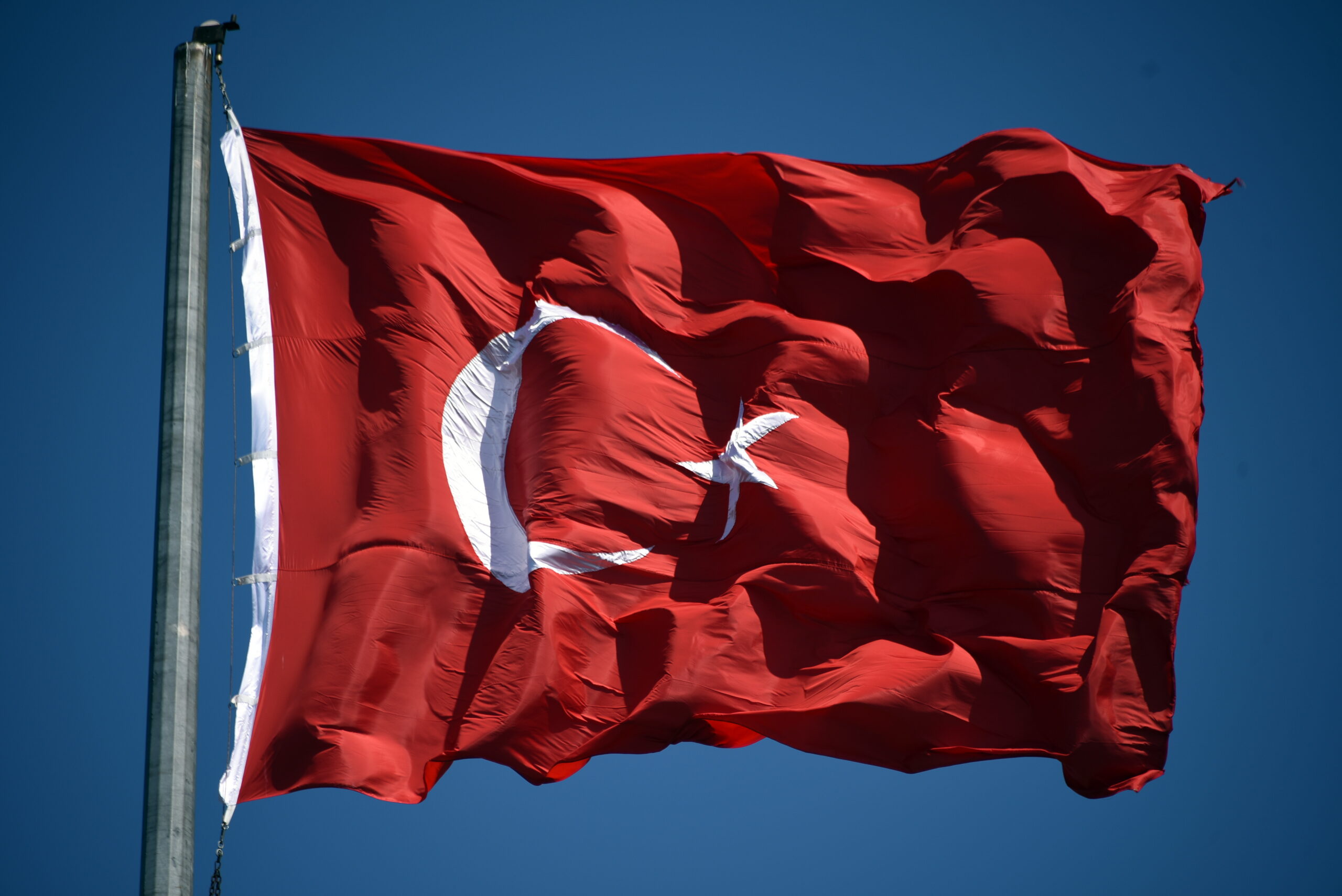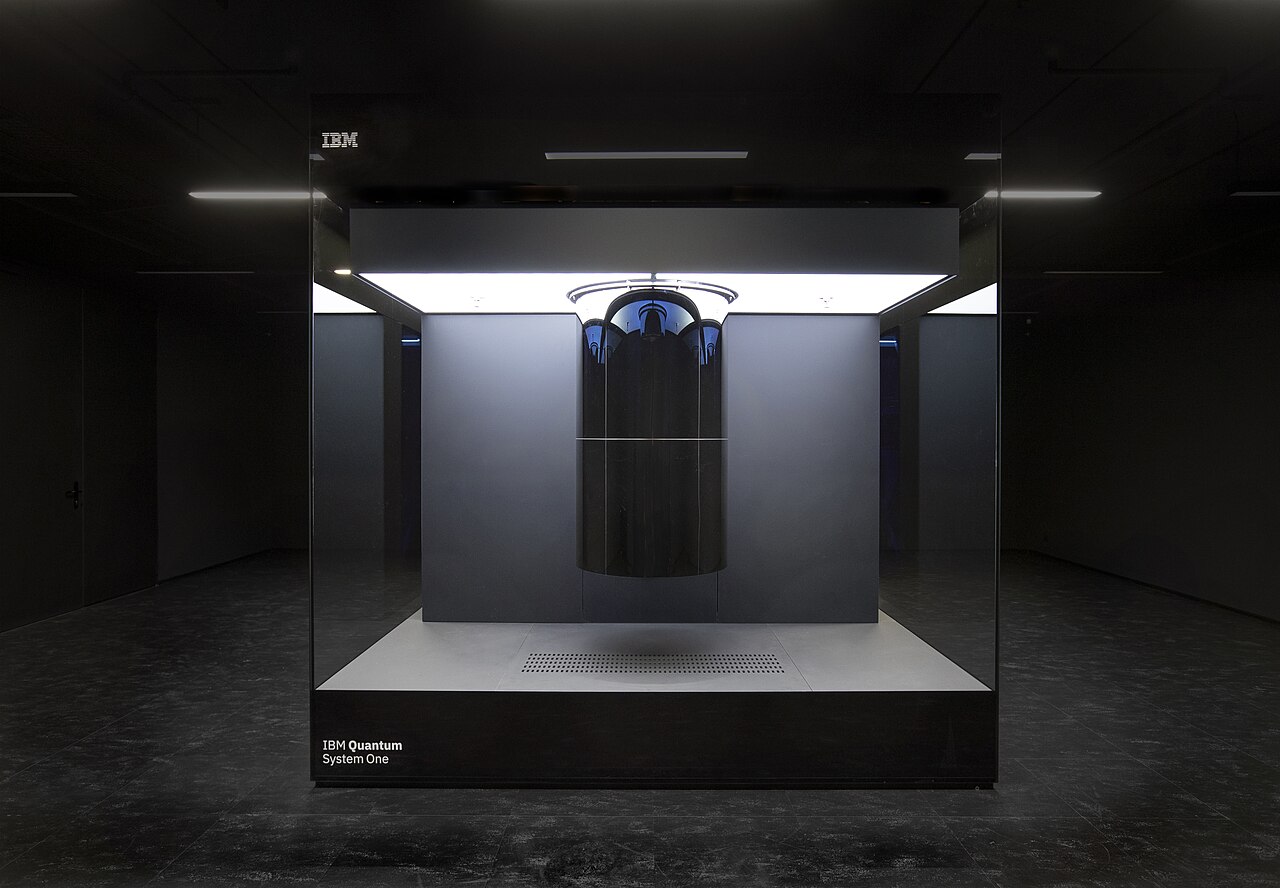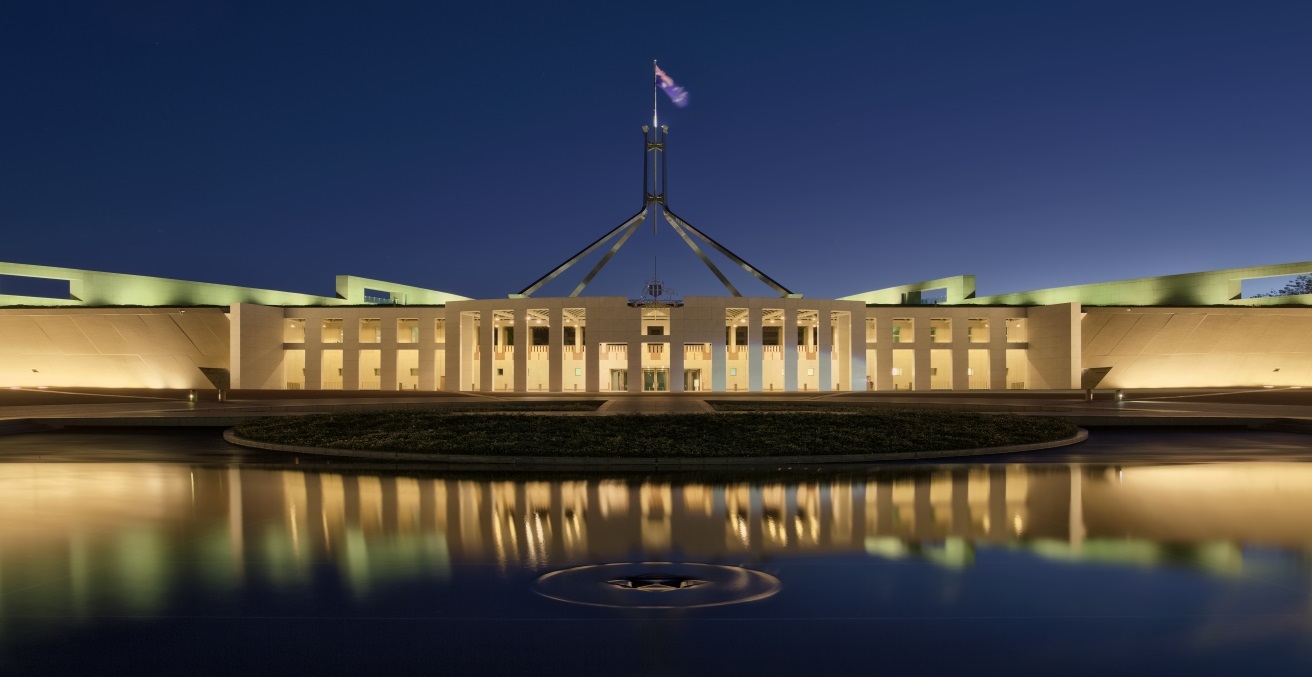Last week the EU announced that it has formally approved free trade negotiations with Australia, with talks to begin in June. How does this fit with the broad evolution of the EU-Australia relationship?
After decades of tension, Australia and the European Union (EU) now have a ‘constructive and substantial bilateral relationship’. They share values and similar approaches to global challenges. Key amongst these are the promotion of international peace and stability, sustainable development, good governance, rule of law and human rights. They work together to tackle many global challenges, such as the fight against terrorism, organised crime, and the proliferation of nuclear and conventional weapons. The EU is Australia’s second-largest trade partner, its largest source of foreign direct investment and its largest services export market. Australia and the EU increasingly cooperate in the Asia-Pacific region to enhance security, stability and good governance, and to improve the coordination of development cooperation assistance among donors to the region.
Following decades of clashes and skirmishes, Australia’s relationship with the EU has evolved significantly to reflect an all-of-government engagement with the EU, its institutions and member states. This is reflected through the signing of the Australia–EU Framework Agreement—the largest agreement ever signed by Australia and the EU—as it consolidates the sum of the advances that have been made in the relationship. Although it paves the way for the strengthening of the relationship in the future, Australia–EU engagement is at a critical turning point. There is considerable potential for closer cooperation and more extensive pooling of the resources and capacities of both interlocutors on a range of policies. The decision in November 2015 by Australia and the EU to commence negotiations to conclude a Free Trade Agreement (FTA) is reflective of this and the importance that the EU and Australia both place on this relationship. There is also considerable potential for even closer cooperation and more extensive pooling of resources and capabilities on a range of policies at the bilateral, regional and multilateral levels. Yet there remains the potential for tension and differences of priorities.
The economic relationship between the EU and Australia commenced with the Australian perception of the EU as a protectionist bloc that limited access to its market for primary products. A dominant Australian narrative of the trade relationship has tended to associate the EU with the loss of the UK as a preferential export market on its entry into the European Community. Australia experienced the negative effect of the Common Agricultural Policy, as it rendered Australian agricultural exports less competitive in the EU and globally, due to the highly subsidised agricultural sector within the EU in the period before the EU embarked on extensive reform of the Common Agricultural Policy. From an EU perspective, Australia has posed a number of obstacles to trade. Australia’s biosecurity system, designed to protect its agricultural sector through strict quarantine requirements and food safety standards, has significantly curtailed the competitive importation of EU plant and animal products into Australia. Yet, despite these difficulties, significant strides have been made in the economic relationship. The EU and Australia have finally recognised ‘each other as close economic partners with a joint commitment to deep and comprehensive economic integration within regional value chains’.
The Framework Agreement injects increased momentum into a relationship that is moving beyond the difficult burden of memory of diplomatic and trade tensions. It represents an upgrade of the 2008 partnership agreement and encompasses political and economic issues, education, culture, development cooperation, security, sustainable development and law enforcement. The steps towards a comprehensive relationship suggest that past Euroscepticism and trenchant critiques of the EU over many years are increasingly becoming a memory. The distance that has been traversed from antagonism and misunderstanding to the current mutually beneficial engagement suggests that steady engagement, socialisation, political will and an incrementalist approach can bear fruit.
Moreover, Australia has needed to keep pace with the EU, given the increase in EU policymaking competences in Brussels, as well as the more activist role of the European Parliament, especially since the Lisbon Treaty. This has resulted in a stronger Australian diplomatic presence in Brussels, as well as in the work of government agencies and departments in Canberra, to manage relations with the EU foreign policy chief Federica Mogherini and the European External Action Service. Recent Australian governments of different political leanings have pursued a strong relationship to advance momentum and ensure that Australia continues to feature prominently on the EU’s radar. The political, strategic and trade landscape within which the EU works is a very crowded one, and Australia does not wish to be crowded out. Moves towards further strengthening the Australia–EU relationship are thus of mutual benefit to both Australia and the EU.
Philomena Murray is professor in the School of Social and Political Sciences at the University of Melbourne. She is the director of the research unit on regional governance within the EU Centre on Shared Complex Challenges at the University of Melbourne. Dr Margherita Matera is a lecturer and subject coordinator in the Master of International Relations degree at the University of Melbourne.
This article is an edited extract of a journal article titled “Australia’s relationship with the European Union: from conflict to cooperation” published in Volume 72, Issue 3 of the Australian Journal of International Affairs.




